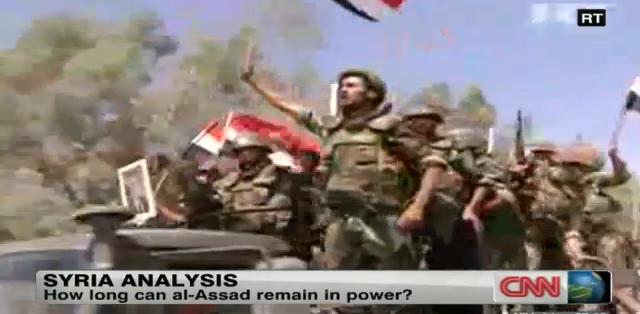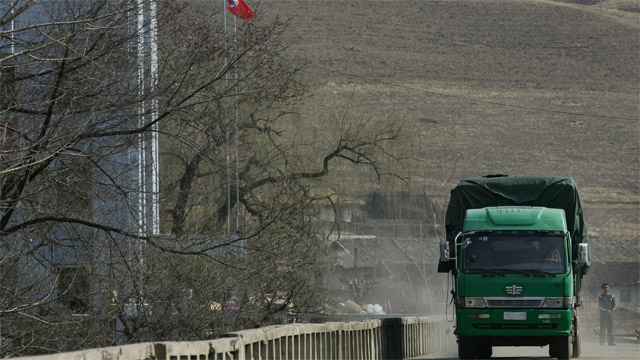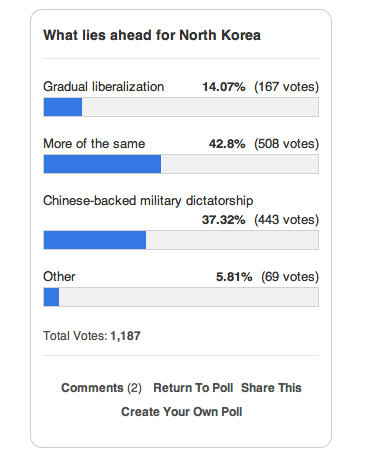Wikistrat post @ CNN-GPS: The consequences of France shifting left
 Friday, April 20, 2012 at 12:22PM
Friday, April 20, 2012 at 12:22PM Editor’s Note: The following piece, exclusive to GPS, comes from Wikistrat, the world's first massively multiplayer online consultancy. It leverages a global network of subject-matter experts via a crowd-sourcing methodology to provide unique insights.
The countdown has begun for France’s first-round presidential election on Sunday, and while socialist challenger François Hollande is expected to beat center-right incumbent Nicolas Sarkozy, there’s a decent chance that a second run-off election will be required for Hollande to crack the 50 percent of the vote mark. Either way, we’re likely on the verge of a major political shift for one of Europe’s pillars – right after the wobbly Eurozone had hoped to close the door on its threatened dissolution.
We know what you’re thinking: socialists, lots of new government spending, the end of the “Merkozy” tight bond between France and Germany!
So what are we to make of this looming quake? How high will it register on the political Richter scale? Wikistrat asked its global community of experts to ponder this, and here are the 8 points they chose to highlight.
Read the entire post at CNN's GPS blog.






































